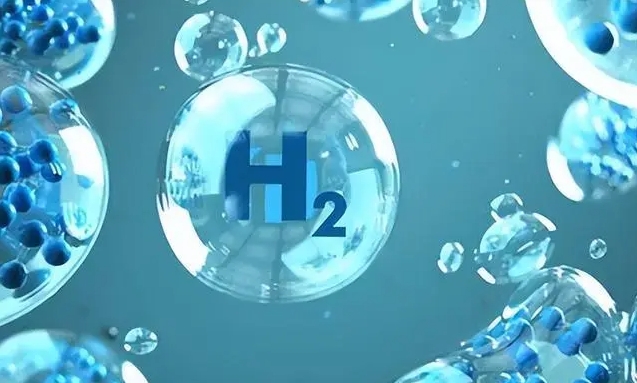Industry in the Tees Valley accounts for 64% of total local CO₂ emissions, compared to 24% nationally. H2Teesside would help power and decarbonize local industry there, as well as new businesses attracted to this low carbon hydrogen produced at scale.
JM’s LCH technology couples a gas-heated reformer with an autothermal reformer (GHR-ATR). LCH offers the lowest natural gas usage commercially available today and can capture up to 99% of carbon dioxide produced. This means for H2Teesside it would deliver the lowest levelized cost of hydrogen (LCOH) and the most carbon efficient technology available today for low carbon (blue) hydrogen production.
H2Teesside, alongside NZT Power and BOC Teesside Hydrogen, was selected by the UK Government as Track-1 Capture Projects to proceed to negotiations for government funding from the Department for Energy Security & Net Zero (DESNZ), for the East Coast Cluster as part of Phase 2 of the cluster sequencing process for CCUS.
Earlier in October, JM and bp announced that EDL Anlagenbau Gesellschaft mbH (EDL) selected their co-developed, award-winning Fischer Tropsch (FT) CANS technology for EDL’s HyKero plant located in Böhlen-Lippendorf, south of Leipzig, Germany.
The HyKero plant is planned to produce 50,000 metric tons (MT) of sustainable aviation fuel (SAF) per year when fully operational, including eSAF from a power-to-liquids (PtL) route, and would be the first plant of its kind at commercial scale in Germany.
The PtL route is the conversion of renewable electricity and carbon dioxide into sustainable liquid fuels. Current international certification for this SAF requires a blend of up to 50% with fossil kerosene to create drop-in SAF. Based on a typical widebody aircraft fuel consumption rate traveling the distance from Frankfurt to New York, the HyKero plant’s planned SAF production capacity, after blending, is equivalent to the fuel required for more than 1,000 transatlantic flights annually.
When fully operational, the HyKero plant is also planned to produce 14,000 MT of sustainable naphtha and approximately 1,000 MT of electrolytic (green) hydrogen per year.
Strategically located to serve Leipzig-Halle international airport, this first phase of the plant is planned to be online by 2027. Project realization and plant operations will be under the responsibility of EDL’s subsidiary XFuels HyKero GmbH. EDL anticipates a potential future phase could add 75,000 MT of eSAF capacity per year.
